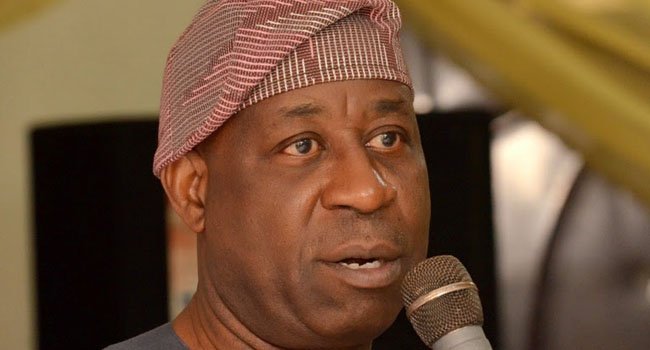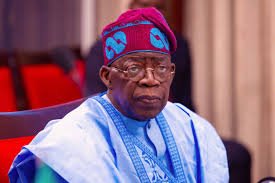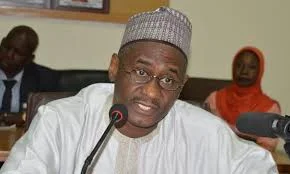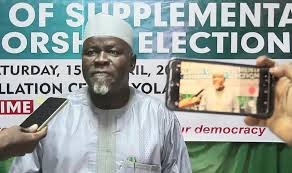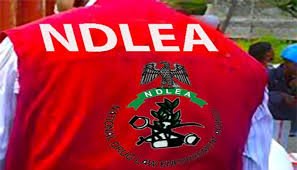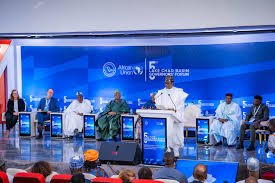In a move to change outcomes in Nigeria’s mining sector, Minister of Solid Minerals Development, Dele Alake, has put forth a proposal to revise the mining law. The Explainer gathered that the effort aims to compel investors to obtain the consent of local communities before applying for mineral titles, bringing transparency and inclusivity to the process.
During his inaugural visits to ministry agencies, Minister of Solid Minerals, Dele Alake addressed the management of the Mining Cadastral Office (MCO) on Wednesday. He emphasized that such a revision would effectively eliminate the delays in application processing that have tarnished the agency’s reputation. Segun Tomori, the Special Assistant on Media to the Minister, relayed this development in a statement.
Arriving at the Cadastral Office, Minister Alake commended its efforts but urged stronger efforts to address public concerns. Obadiah Nkom, the Director-General of MCO, expressed delight in hosting the Minister and reaffirmed the agency’s role as the issuer of mining licenses. Nkom revealed that in 2022, the MCO successfully digitized its operations with the implementation of the Electronic Mining Cadastral System, which resulted in a significant increase in applications. However, he acknowledged backlogs from the older system as a cause for delays.
Nkom assured the Minister that efforts were underway, in collaboration with the World Bank-assisted Mineral Sector Support for Economic Diversification (MinDiver), to fine-tune processes and enhance efficiency. Minister Alake, responding to these assurances, called upon the agency to actively address the existing perception of its operations.
Minister Alake emphasized the crucial role of the mining sector in Nigeria’s development during his visit to the Nigeria Geological Survey Agency (NGSA). Dr. Abdulrasak Garba, the Director-General of NGSA, highlighted the agency’s pivotal role in generating geoscientific research information and producing geological, geophysical, and geochemical maps for various sectors. Funding constraints were cited as a challenge, and Garba appealed for the Minister’s intervention.
Recognizing the significance of NGSA’s functions beyond mining, Minister Alake praised their efforts in generating pertinent data essential for informed decision-making in sectors such as agriculture, manufacturing, and industrial development. He encouraged NGSA to explore avenues for financial independence, stating that the agency’s valuable output was in high demand.
Finally, Minister Alake visited the Council of Nigerian Mining Engineers and Geoscientists (COMEG), applauding its role in ensuring quality control in the mineral sector through accreditation and certification. Acknowledging funding challenges, the Minister assured that efforts would be made to secure budgetary allocation for the agency in the coming fiscal year. Additionally, he urged COMEG to explore innovative strategies internally, such as increasing membership fees and imposing restrictions on non-compliant members.
The Minister’s proposals and his commitment to driving positive change have generated optimism within the mining sector. Stakeholders eagerly anticipate the implementation of community consent requirements, enhanced operational efficiency at the Mining Cadastral Office, increased financial support for the Nigeria Geological Survey Agency, and the continued pursuit of excellence by the Council of Nigerian Mining Engineers and Geoscientists.

